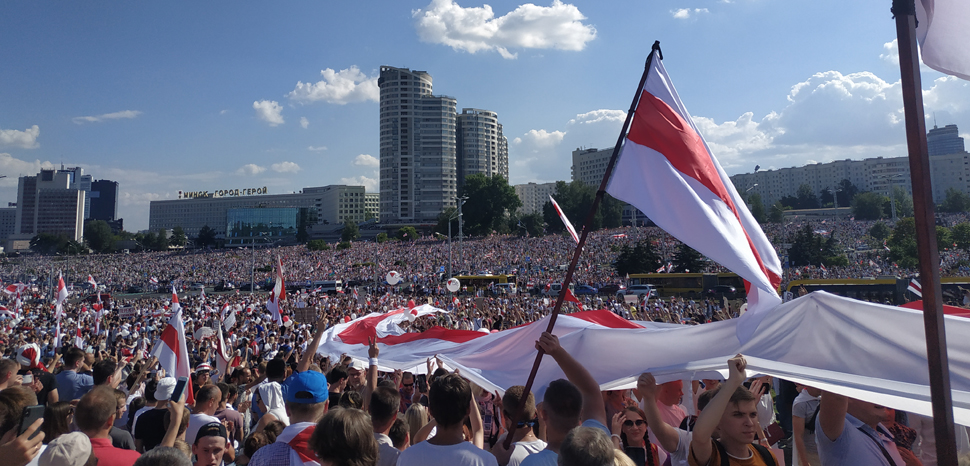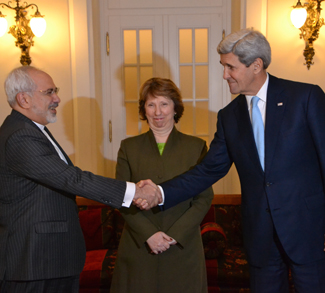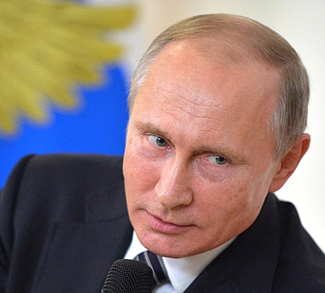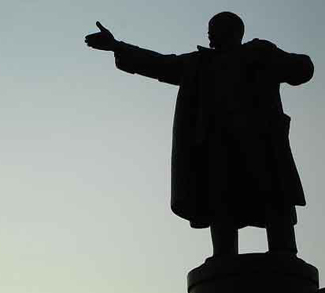The elections in Belarus were a fraud, but that was expected. As protests rage in the streets of Belarus and Western journalists eagerly predict the downfall of the long-time dictator, foreign policy architects in the West must tread carefully and implement a well thought-out strategy in order to not provoke a response from Russia.
Belarus held Presidential elections on August 9, and the state media was quick to release their exit-poll data showing that President Alexander Lukashenko had won his 6th consecutive election. This came as no surprise to anyone. Belarus is a deeply authoritarian country and President Lukashenko has long held a tight grip on power.
Lukashenko’s main rival, and the most popular opposition candidate he has faced in his 26-year rule, was Sviatlana Tsikhanouskaya. Her rapid rise from school teacher and political-novice to a compelling and inspirational opposition leader will be one of the defining moments that a free Belarusian people will someday look back on. For now, however, the reality is much different.
The “official” exit-poll claims that Tsikhanouskaya only received a paltry 10% of the vote. Independent exit polls however, show a starkly different narrative with Tsikhanouskaya winning upwards of 70% of the electorate.
But alas, Belarus is not a democratic country, Tsikhanouskaya has already had to flee the country for her safety and massive civil unrest and protests calling for free elections have swept the country. The question is now: What course of action should the West take concerning Belarus?
Lukashenko’s public support has been slipping for years and the past few months have seen a dramatic escalation of this decline. The Belarus-Russia Integration Summit in December 2019 was supposed to be the final act in forming a Union State between Russia and Belarus. However, Lukashenko was weary of giving up Belarus’ independence and talks quickly broke down.
The failed Union has led to an increasing feud between the two countries, and Russia has begun putting economic pressure on their small western neighbour as a result. Russia has especially targeted Belarus’ cheap oil imports, which has led the already weak Belarusian economy to contract further.
Belarus has also not been spared by COVID-19. However, unlike most of Europe, Lukashenko opted not take the coronavirus seriously and offered his folksy and dangerously ignorant advice on how to stay healthy in lieu of a lockdown. This resulted in some of the highest per capita coronavirus rates in Europe and became one of the issues that pushed ordinary Belarusians toward the opposition.
The bad economic situation, the botched COVID-19 response, and the flagrant repression of democracy and human rights has led Belarus to the brink of revolution. The country is at a tipping point and no amount of repression can alter this reality. Belarus is in a dangerous situation.
Many in the West see this as an opportunity for the people of Belarus to rise up and demand freedom. Western articles gleefully hoping for the dawn of democracy in Belarus, or eagerly counting down the days until Lukashenko will be out of office abound. However, Lukashenko’s departure does not automatically make Belarus free, and Western policy makers need to tread carefully with their response.
Russia sees this moment as an opportunity to discredit the Lukashenko regime, which it is fed up with, and Russia would love for an orderly transition of power that would install an ardently pro-Russian leader willing to answer to Moscow’s desires. Russia is certainly pushing for this scenario, and you can be assured that they will act to keep Minsk in their sphere of influence at any cost.
If Lukashenko does manage to hold onto power, then it will be through a deal with Russia, and at the cost of the Belarusian people. Lukashenko may simply have to give Russia everything they want in order to remain in his position. This could mean the Russian purchase of important state assets, Russian military bases in Belarus, or even a solid promise to fulfill the Union State deal.
If Lukashenko tries to hold on to power while shunning Russia, and by increasing his repression of the protestors, this is where the situation in Belarus would become dangerous. As much as I would like to see a free, democratic, and Western-oriented Belarus in the near future, I am painfully aware that Russia will stop this at any cost. A destabilized and violent Belarus would give Russia an excuse to intervene on their own accord.
Many leaders in Europe demanded a coordinated effort to reimpose sanctions on Belarus, and this has succeeded. Poland, supported by the Baltic states, has also called for an emergency European Union summit on the situation in Belarus and this will take place as well. Economic and diplomatic pressure is a good first step, and the West must continue to show solidarity with the Belarusian people, while making it known that a Russian takeover of Belarus is completely unacceptable.
The worry however, is in going too far. Western foreign policy architects have to be conscious of the role Russia will be playing in the background to try and shore up a weakened Lukashenko, or attempting to impose a more favorable leader.
Calls for economic and diplomatic pressure are good, but pushing for a Belarusian candidate who seeks to fully democratize the country and reorient its geopolitical mindset is – unfortunately – not. This would be dangerously wishful thinking on the part of the West, and it would push Russia to act more decisively in Belarus. And you can be sure that Russia is looking for any slip-up by the West to craft a false narrative and pounce on an opportunity in Belarus.
This is where the role of the West becomes extremely important, and where a strategy is needed. Foreign policy architects in the West must learn from mistakes made in Ukraine in 2014, temper their expectations, and take note of what happened to Armenia in 2018. Both the Ukrainian and Armenian revolutions were against their dictatorial leaders and both were movements that sought Westernization, but the two situations unfolded quite differently.
Ukraine’s revolution, with optimistic promises from the West regarding the EU and NATO, wanted to move the country quickly towards that Euro-Atlantic path. This was completely unacceptable to Russia, and though the Ukrainian revolution has produced some change, it has come at the expense of violence – which was not initiated by the protestors or by the West – annexation of Ukrainian territory, and civil-war on their eastern frontier which still plagues the country today.
Armenia’s revolution thankfully remained peaceful, and the protest leaders – though pro-Western – accepted the compromise position of remaining in Russia’s integrationist schemes in exchange for domestic reforms and friendlier relations with the West.
The process of seeing a free and democratic Belarus will be slow, and like in Armenia, not completely one-sided in favour of the West. Western policy-makers must recognize Russia’s power to cause havoc in Belarus if they see the possibility of a geopolitical shift, and the West must cautiously approach this issue in order to prevent violence, the imposition of a new dictator, or annexation by Moscow.
Western policy-makers need be realistic on Belarus and devise a careful and well thought through strategy. Illusions of a sudden pro-Western and democratic Belarus are only that, illusions.
The views expressed in this article are those of the authors alone and do not necessarily reflect those of Geopoliticalmonitor.com or any institutions with which the authors are associated.




